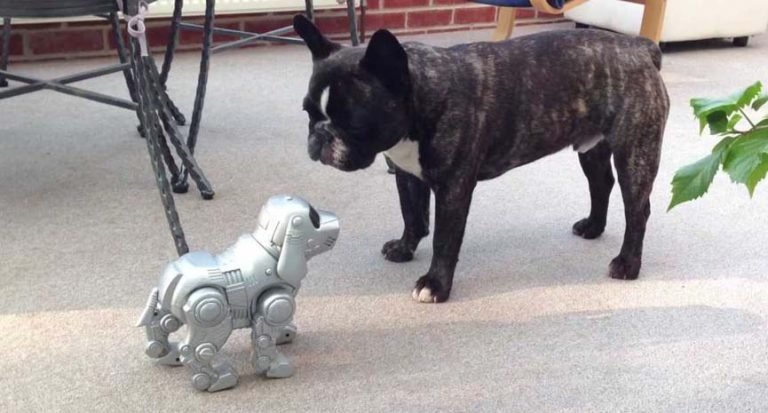Perpetuate Inc. can’t promise a lifetime, but it can promise you preserved DNA from your pet that may be used to clone these exceptional animals when pet cloning becomes technically and financially more feasible.
Perpetuate’s vision lies in the future, represented by the ultimate breeding technology and presenting distinctive breeding opportunities to produce extraordinary, matchless, one of a kind, physically superior, brilliant, and innately talented replacements for lost pets. Unlike careful breeding, where only half of the desired genetic traits can be transferred to the new kitty or puppy, cloning transfers all of your pet’s genes to cloned kittens and pups!
Unfortunately, the vast majority of pets are neutered thereby eliminating the opportunity for passing on desired genetics through normal breeding. However, cloning combined with transgenics will enable us to perfect exceptional pets! For example, combining transgenics and cloning could reduce or possibly eliminate hip dysplasia in canines.
All this begins with the preservation of your pet’s DNA in a simple, four-step process: 1.Tissue samples are collected from your pet by a veterinarian. 2.The tissue samples are shipped overnight to the laboratory. 3.Cells containing DNA are grown from your pet’s tissue samples in the laboratory. 4.Then cells containing your pet’s DNA are stored in Perpetuate Bio-Kennels.
DNA Preservation
- What is DNA preservation? DNA preservation is the procedure that Perpetuate utilizes to preserve viable DNA–that is, DNA that is able to grow–from pets. DNA preservation is also known as cell banking or gene banking.
- How long can DNA be preserved? Viable DNA can be preserved in liquid nitrogen for decades.
- Who owns my DNA cell line after it has been preserved? You maintain complete ownership of your pet’s cell line after it has been developed and preserved.
- What happens if I want to discontinue preserving my pet’s DNA? You may request Perpetuate to continue dispose, preserve or transport your pet’s cell line at any time.
- For what species does Perpetuate preserve DNA? Although the vast majority of our clients are dog and cat owners, we have developed cell lines on many different species of small animals and birds. Perpetuate’s business partner, Cyagra, Inc. preserves DNA from large animals such as horses and cattle.
- Is it possible to develop cell lines from any cellular material other than tissue? Cell lines are developed from blood cells. At least, 10 c.c.s of blood treated with heparin (to prevent coagulation) is required. Cell lines cannot be built from hair, teeth, bones and nails.
- What if my veterinarian refuses to take tissue samples? In our experience, most veterinarians respond positively to their clients’ desires to Perpetuate their pets. Your veterinarian should call us if he or she has any questions or reservations. If need be, we may be able recommend a veterinarian near you who has taken tissue samples for our clients.
- Can viable tissue containing viable DNA be collected from a deceased animal? Remember, a viable DNA sample means one that has the ability to grow. Although we have been able to process tissue from deceased animals within six days of their death, this is not recommended. The sooner that the tissue samples are taken and reach the laboratory, the greater the chances of developing a viable cell line that will eventually result in your healthy future pet.
Perpetuate is a privately held company that was founded in 1998 by Dr. Heather Bessoff and Ron Gillespie, it is now in partnership with Cyagra, Inc. the world’s leading livestock cloning company. Perpetuate and Cyagra combined have more animal DNA preservation and cloning experience than any other international company or institution.





